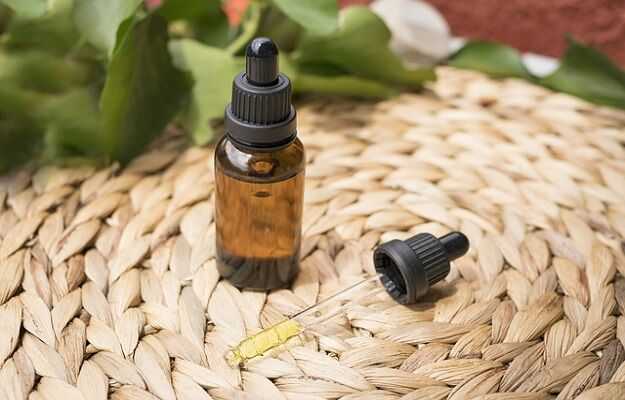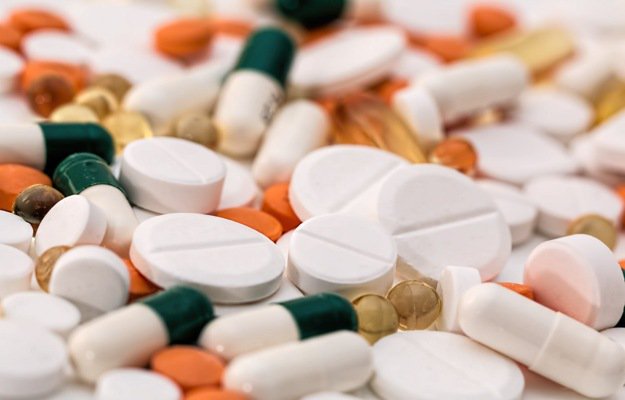CBD or cannabidiol oil is obtained by extracting a chemical compound called cannabidiol from the stem, leaves, and flowers of hemp plant. CBD is one of 80 cannabidiols in hemp plant along with THC, cannabigerol and cannabinol.
The oil is prepared by various methods ranging from infusion and distillation to extraction in liquid solvents. According to the US Food and Drug Administration (FDA), CBD products should be obtained from the hemp plant and should not contain more than 0.3% THC to be legal. India currently follows the same guidelines as the US.
CBD is often confused with THC and marijuana. However, unlike THC, CBD does not produce a "high" and CBD is obtained from the hemp plant which is a close relative of the marijuana plant. In fact, CBD has several pharmacological properties including a reduction in pain and inflammation. The FDA has approved the use of a purified form of CBD oil for the treatment of epilepsy.
However, since not much is known about the oil or CBD, it is best to use it only under the guidance of an experienced medical practitioner.


























